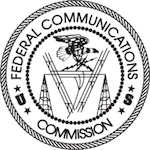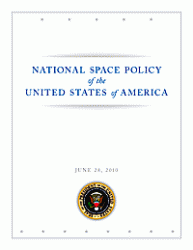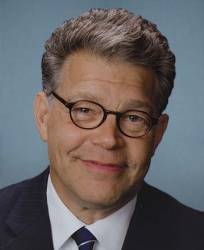The Federal Communications Commission (FCC) has declined to take action on concerns expressed by the GPS community, approving an Iridium request to modify its earth station licenses to take advantage of the advanced capabilities of its second-generation constellation.
The company is in the process of launching Iridium NEXT, a cross-linked network of 66 new spacecraft offering higher speeds and bandwidth for marine, aviation and land-mobile (handset/voice) operations as well as connectivity for global mobile networks, asset tracking and the Internet of Things (IoT). Iridium’s Low Earth Orbit satellites offer lower latency than geostationary telecommunications satellites. The new services will be available through Iridium’s new Certus service platform and should eventually provide data and telecommunication speeds of 1.4 megabits per second, the company said.
To tap its new satellite’s advances Iridium sought FCC permission in 2017 to operate a new generation of user terminals — a request that was treated cautiously by the GPS community.
The GPS Innovation Alliance (GPSIA) filed comments expressing concern about out-of-band emissions (OOBE), asking the FCC to protect GPS/RNSS operations in the 1559-1610 MHz band by setting limitations on the operation of Certus terminals.
Iridium said it would comply with a -70 dBW/MHz limit for out of band emissions in the band, noted GPSIA, but that that “may not mean that GPS and RNSS receivers operating in the 1559-1610 MHz band will be protected.”
“The -70 dBW/MHz limit was developed in the International Telecommunication Union (ITU) in the 1990s for a single use scenario — protection of a GPS receiver on an aircraft in final approach to an airport from a single MES (mobile earth station) operating in the 1610-1626.5 MHz band at a separation distance of 150 feet. Because the Certus MESs will operate on land, at sea, and in the air, the terminals present many use scenarios different from the one on which the -70 dBW/MHz OOBE limit was based.”
The Alliance said it would try to come to an understanding with Iridium but asked that the FCC condition approval of Iridium’s request on keeping to an out of band interference level of -95 dBW/MHz in the 1559-1610 MHz band. This is “equivalent to what terrestrial terminals in the same and other frequency ranges provide,” GPSIA wrote.
The FCC declined saying terrestrial operations are significantly different from the mobile satellite operations proposed by Iridium with terrestrial applications expected to be much more dense. “Furthermore, we do not consider an agreement among private parties involving distinct technical operations as providing a standard that must be applied in all cases without regard to the Commission’s rules.”
The FCC did not directly address the assertion made by Hexagon Positioning Intelligence that Iridium’s application did not include enough information to properly simulate the impact of granting their request. Hexagon wanted to see a working group or testing process set up to assure “unimpeded coexistence.”
“Hexagon PI is disappointed that the FCC granted the modification without a proper evaluation of the impact on GPS L2 reception,” said Hexagon President Michael Ritter in an emailed statement.
Ligado Networks also expressed concern about the request, saying Iridium had not demonstrated it would meet the technical requirements for mobile Earth terminals or that it could comply with the requirement that Iridium’s downlinks operate on an unprotected, secondary basis.
Some of Ligado’s concerns would be addressed by the existing conditions on Iridium’s operations, the FCC wrote. The Commission also noted Iridium’s statement that its earth stations — which, it wrote, have been operating successfully for years — would be no more sensitive to interference than they are now. “We therefore see no reason to inquire further on this point,” the FCC said.
Though a number of the players in the Iridium discussion are the same, the Certus-related request has little overlap with the spectrum fight between the GPS community and Ligado, said spectrum expert Tim Farrar, founder of Telecom, Media and Finance Associates, Inc.
“The GPS Innovation Alliance filings are trying to make the Ligado OOBE limits a standard for others (the FCC rejected that), but it’s not directly related to the Ligado debate,” said Farrar. “The Ligado filing is more directly an extension of its arguments with Iridium over interference that Ligado uplink operations in 1627-37 MHz would cause to Iridium (trying to prevent operation of new Iridium terminals until that dispute is settled). But the FCC wasn’t persuaded to link the two proceedings.”
Ligado and the GPSIA did not respond by press time to a request for comment. The FCC docket is SES-MOD-20170413-00388.






